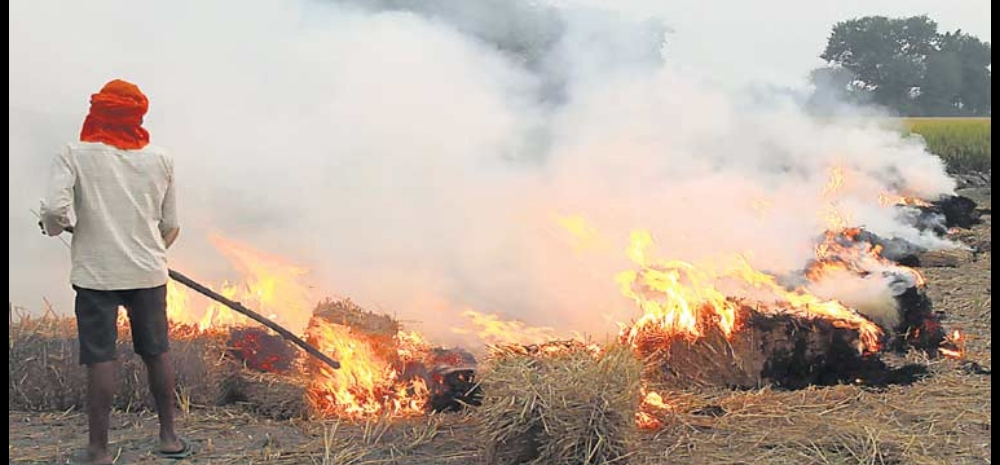Almost 100% Of Indians Breathing Polluted Air! Delhi-NCR Is #1 In Pollution
Greenpeace India’s report revealed that over 99 per cent of India’s population is breathing polluted air.

Contents
PM2.5 concentrations
Key findings show that the greatest proportion of people here are exposed to PM2.5 concentrations, more than five times the WHO annual average guideline.
PM2.5 refers to fine particles that penetrate deep into the body and fuel inflammation in the lungs and respiratory tract.
This leads to increased risk of cardio-vascular and respiratory problems, along with a weak immune system.
According to the WHO, the upper limit of annual PM2.5 is five microgram per cubic metre.
Most and least polluted regions
The region with the highest exposure to pollution in the country is Delhi-NCR, followed by Bihar.
Meanwhile, Uttarakhand has least exposure to pollution.
Vulnerable groups
Older adults, infants and pregnant women are the most vulnerable groups who are “exposed to worse air”.
62 per cent of pregnant women in the country live in the most polluted areas, compared to 56 per cent of the greater population.
Suggested measures
The government has been strongly advised to introduce a robust air quality monitoring system” across the country and “make the data publicly available in real time”.
A health advisory and red alerts for particularly bad-air days should also be issued to inform the public and allow them to take necessary steps to protect their health.
Polluters should be mandated to reduce emissions to protect the environment.
Revision of Air Quality Standards urgently needed
It said the current National Ambient Air Quality Standards (NAAQS) is “insufficient” and “needs immediate revision” based on scientific evidence.
This is an undertaking the Central Pollution Control Board must execute.
The government must ensure the implementation of all the planned activities under the National Clean Air Programme (NCAP).
There is also an urgent need” to make NCAP more “transparent, comprehensive and stronger”.

Comments are closed, but trackbacks and pingbacks are open.